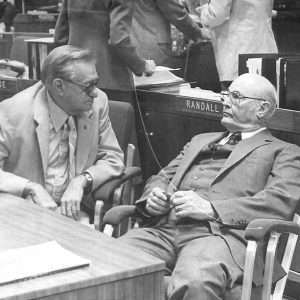 Bill Foster in Chamber
Bill Foster in Chamber
Gender: Male - Starting with F
 Bill Foster in Chamber
Bill Foster in Chamber
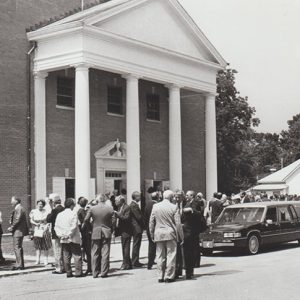 Bill Foster Funeral
Bill Foster Funeral
 Sketch of Vince Foster
Sketch of Vince Foster
Foster, Thomas P. (Killing of)
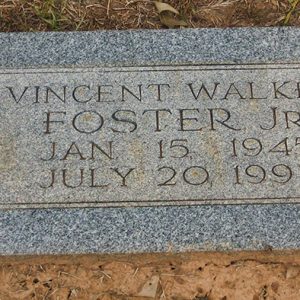 Vince Foster Grave
Vince Foster Grave
Foster, Vincent Walker (Vince), Jr.
Foster, William Franklin (Bill)
Foucault, Nicolas
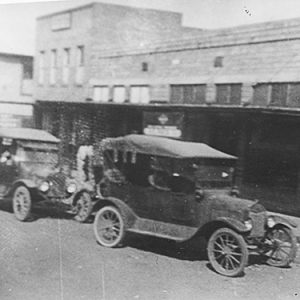 Fouke
Fouke
Fourth Arkansas Cavalry (US)
Fourth Arkansas Infantry (CS)
Fourth Arkansas Mounted Infantry (US)
Fowler, Absalom
Fox, Joseph (Joe)
Fox, Warren (Lynching of)
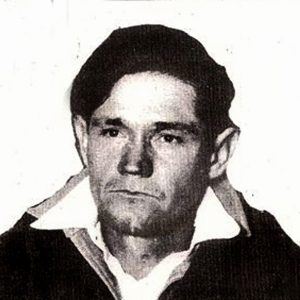 Connie Franklin
Connie Franklin
Franklin, Monroe (Lynching of)
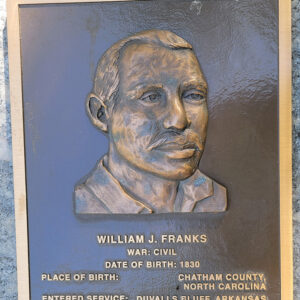 William J. Franks Plaque
William J. Franks Plaque
Franks, William Joseph
Frauenthal, Max
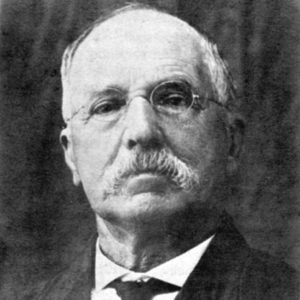 Max Frauenthal
Max Frauenthal
Frauenthal, Samuel
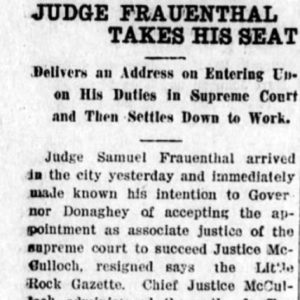 Samuel Frauenthal Address
Samuel Frauenthal Address
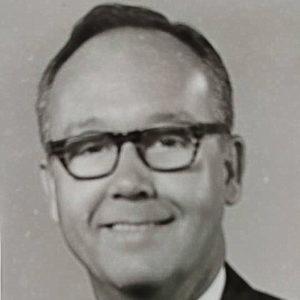 George Frazier
George Frazier
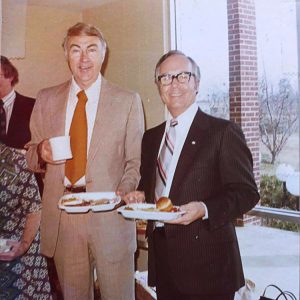 George Frazier and Haskell Jones
George Frazier and Haskell Jones
Frazier, George Thomas
Frederick, Bart (Lynchings Related to the Murder of)
Freeman, George Washington
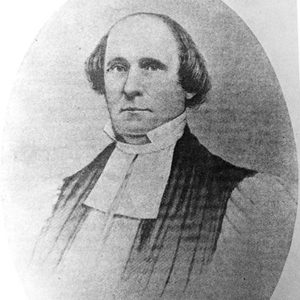 George W. Freeman
George W. Freeman
Freeman, Thomas Roe
Freund, Harry Louis
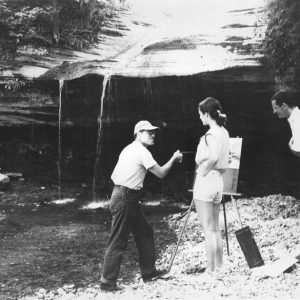 Louis Freund
Louis Freund
Frizzell, “Lefty”
aka: William Orville Frizzell
Frolich, Jacob
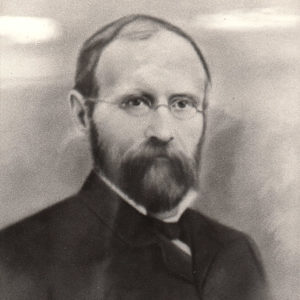 Jacob Frolich
Jacob Frolich
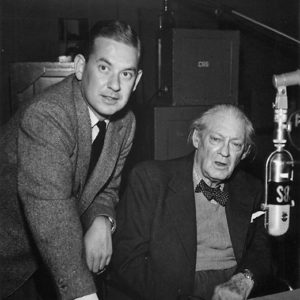 Bill Froug and Lionel Barrymore
Bill Froug and Lionel Barrymore
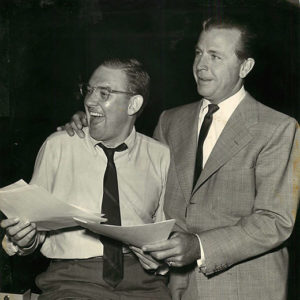 Bill Froug and Dick Powell
Bill Froug and Dick Powell
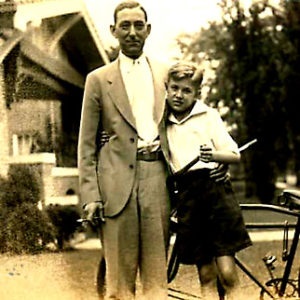 William Froug and Father
William Froug and Father
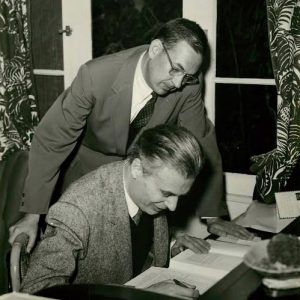 Bill Froug and Aldous Huxley
Bill Froug and Aldous Huxley
Froug, William (Bill)
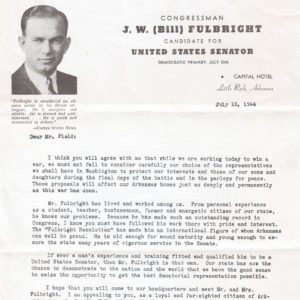 Fulbright Campaign Letter
Fulbright Campaign Letter
Fulbright, Bill
aka: James William Fulbright
aka: J. William Fulbright
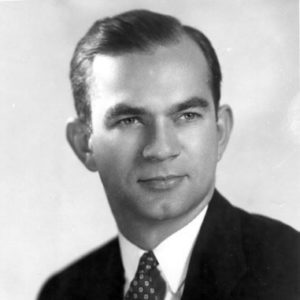 Bill Fulbright
Bill Fulbright
Fulkerson, Floyd Hurt, Jr.
Fulks, Clay
Fuller, Bennie
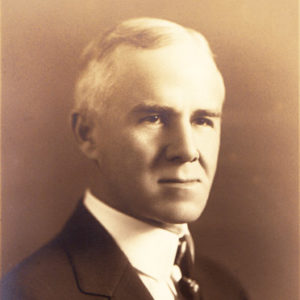 Claude Fuller
Claude Fuller
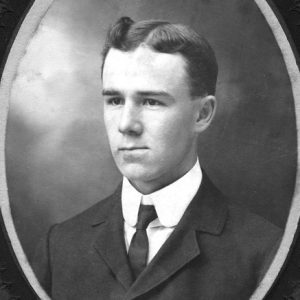 Claude Fuller
Claude Fuller
Fuller, Claude Albert
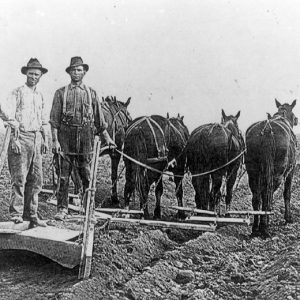 William Fuller on Levee Pusher
William Fuller on Levee Pusher




